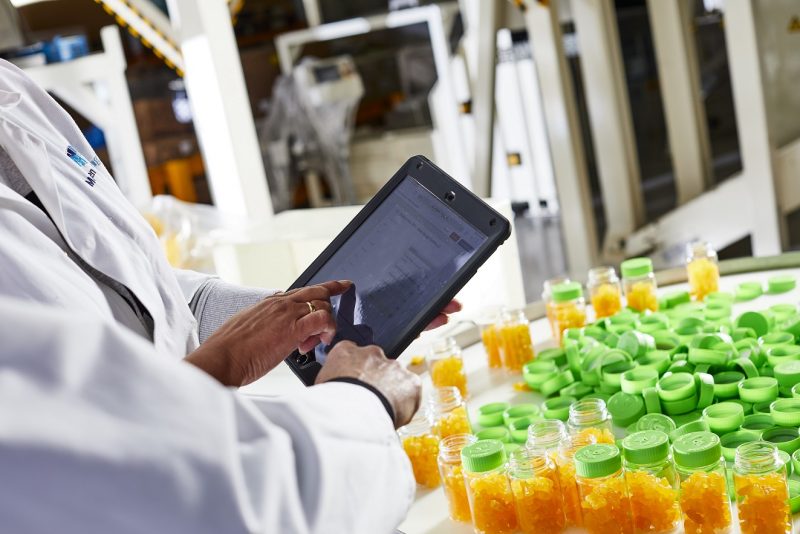

HOW DIGITALISATION IS HELPING GLOBAL CONTRACT PACKERS AND MANUFACTURERS MEET THEIR SUSTAINABILITY GOALS
Josephine Coombe, Managing Director of Nulogy in Europe, discusses how digitalisation is helping contract packers, manufacturers, and brands alike improve resource efficiency, reduce waste, and improve their sustainability footprint.
We have all seen the pictures over the last few years of produce rotting in fields, raw materials being disposed of due to spoilage, and packaging waste ending up in landfill – or worse – all whilst reports of empty supermarket shelves become more prevalent.
Consumers are now much more aware of sustainability issues and are demanding more sustainably produced products. Investors are also choosing companies that have sustainability first mind sets, to help them meet both consumer demand and adhere to governmental pressure to strengthen their environmental regulations. Being “green” is increasingly becoming an integral part of doing business.
It is estimated by McKinsey that more than 80 per cent of all potential sustainable improvements are tied up in the end-to-end supply chain.
Contract packers and manufacturers have a growing role to play in minimising waste and need to know exactly what materials and inventory there is in the system to avoid inefficiencies and waste. This requires enhanced visibility, agility and collaboration and it is here that digitalisation is helping companies.
Digitalisation, through cloud-based software platforms such as Nulogy, enables contract packers and leading consumer goods companies to increase their speed to market and gain much greater visibility across their operations. By knowing exactly what stock levels and order requirements exist, users maximise efficiencies in packing operations to deliver better service with far less waste from issues such as over stocking, expedited deliveries or unused inventory.
By streamlining their operations, outsourced suppliers are seeing greater efficiencies and reduced waste, enabling both themselves and their clients to see significant improvements in the drive to meeting sustainability targets. For example, in the UK, Marsden Packaging, a specialist in primary and secondary packaging services for the food and pharmaceutical sectors, has been using digitalisation to power its operations for over five years.
This has enabled the business to find ways of achieving greater efficiency and reduce the amount of waste produced by improving its workflows. By making its production unit more efficient, digitalisation has helped to deliver greater sustainability for Marsden’s clients.
Similarly, SGL Co-Packing, a leading provider of high quality and ultra-flexible contract packing and contract manufacturing services in the UK, is using digitalisation to drive improved waste recording, batch traceability and provide safeguards against the incorrect processing of orders.
From providing live access and updates during production, to ensuring easy identification and isolation of stock or the ability to check that all components are available for each bill of materials; waste is minimised, and resource efficiencies maximised across the business.
Clearly, digitalisation is helping provide the visibility and tools to help contract packing and manufacturing businesses reduce their impact by enhancing their ability to manage materials and inventory. Cloud-based software solutions such as Nulogy are already generating value, meeting brand and consumer demand for greater sustainability, and will continue to enable businesses to innovate and drive out waste in this growing part of the global supply chain.
For more information, please visit https://nulogy.com/





